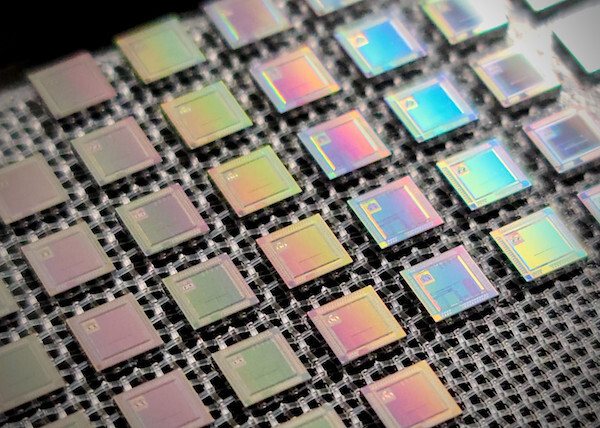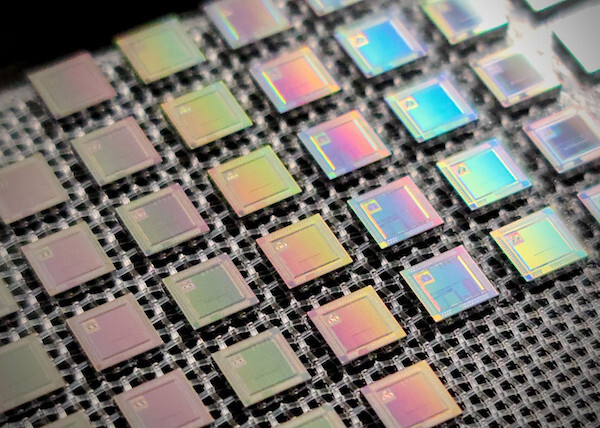

Just finished my meeting with PSL last week over this article, and I thought this could help with context of Deng (I am not a fan of him in regards to how his wing overthrew the other wing and enacted their own reforms at the cost of millions of poorer, rural workers forced to work for the capitalist enterprises without the safety net and protections offered by state jobs):
Note: Take this article with a grain of salt. This is an older article (2007-05-31) from the PSL that paints the Cultural Revolution in an overly positive light while omitting the corruption that occurred from Mao’s wing. I apologize for my ignorance on this topic. Thank you, @muad_dibber and @qwename, for enlightening me.
What do socialists defend in China today?
https://www.liberationschool.org/what-do-socialists-defend-in-china-today/
Immediately after its victory in 1949, the leadership of the Communist Party, by necessity, focused on the question of China’s economic development. Affecting the day-to-day lives of more than 500 million people, no task was more urgent than economic and social development. On this all wings of the Communist Party agreed.
How this development would take place in the context of the continued class struggle, however, became the pivot for what became known in China as the “two-line struggle” between elements of the party centered around Mao Zedong and those led by Liu Shaoqi and Deng Xiaoping. The Mao grouping advocated socialist methods for development, including nationalized public property in the core industries and banking, centralized planning, collectivized agriculture, mobilization of the workers and peasants, and a monopoly of foreign trade. The wing led by Liu and Deng was essentially pragmatic rather than Marxist in their approach, utilizing material incentives, capitalist-style accounting methods and elements of the capitalist market—all while professing allegiance to the goal of building socialism.
In 1966, this struggle led to the Great Proletarian Cultural Revolution, a mass campaign initiated by Mao and his allies that aimed to rally the poor and the young to dislodge from positions of authority Liu, Deng and thousands of others castigated as favoring the “capitalist road” for China’s economic development.
Contrary to the presentation by bourgeois historians, the two-line struggle was not primarily over the pace of economic development in China, with Mao favoring a slower approach and Liu and Deng favoring a faster tempo. Both sides in the two-line struggle put the rapid economic development of China as a top priority.
…
Despite the historic achievements on the road to socialism during this period, a series of international events and their reflection within the Communist Party weakened the strength of the revolutionary wing of the party. The defeat of the Indonesian Revolution in 1965, the escalation of the Sino-Soviet split and the ultimate rapprochement between China and U.S. imperialism, the corresponding death of People’s Liberation Army leader Lin Biao, and the purge of other leftists—all these events laid the basis for the reemergence of the “capitalist road” grouping following Mao’s death in 1976.
At the time, some observers of the Chinese Revolution considered the accusation that certain party leaders were “capitalist roaders” to be one more rhetorical flourish or excess of the Cultural Revolution. But the accusation, as it turned out, was not overheated rhetoric at all. It was a precise and accurate description of Mao’s political opponents inside the leadership of the Communist Party.
Following Mao’s death in 1976, the left wing of the party was routed and its leaders were arrested. By 1978, the “capitalist roaders,” galvanized under the leadership of Deng Xiaoping, introduced sweeping economic reforms under the newly concocted and theoretically unfounded label of “market socialism.”
These reforms led over the course of several steps to the “opening up” of China to imperialist banks and corporations. The development strategy was premised on a strategic assumption: The lure of super profits from the employment of low-wage labor in China would lead to massive capital investment by the industries and banks that possessed the most advanced technology. China would benefit in its “development” by accessing and acquiring the latest technologies.
The Chinese commune system of collectivized agriculture was also dismantled. The Chinese countryside, known throughout Asia in the decades prior to the 1970s for its egalitarian achievements and social gains for the poorest peasants, became severely stratified again.
While millions of more well-to-do peasants saw a sharp rise in their living standards, a huge mass of rural dwellers lost everything. Left to fend for themselves, they migrated by the tens of millions to urban areas seeking employment in newly created factories—many in special economic zones set aside for foreign capitalist investors. This migrant labor force, uprooted from the land, became the source of human material necessary for the establishment of a new market-based private capitalist sector.
Within 25 years, the People’s Republic of China was fully integrated into the capitalist world economy. Foreign direct investment skyrocketed as U.S., European and Japanese capital set up in China to take advantage of the huge labor pool. Transnational corporations helped create the largest industrial work force in the world.
At the same time I am disgusted by this event, I also wonder if it was unfortunately necessary to help China reach to its current state today. If events had played in a different way where Mao’s wing would have been dominant over Liu and Deng’s, could China have suffered the same fate as the USSR? In the end, the West is responsible for creating a divide between the USSR and China, hurting their relations so the West could use one enemy against the other to their advantage.








I’m sorry, but I believe I am in agreement with you. I am disgusted by the hijacking of the Cultural Revolution and the attempted assassination of Mao by his own close comrade. I am also open to different perspectives and want to improve my own to help humanity reach its best possible future. I intend to be a dialectical materialist and not an idealist. If my message came across as otherwise, I apologize. I am also still learning, and I only mean well. I appreciate your response as it helps me improve my understanding of China’s history. I am an American, so please forgive me if I make a bad take and/or miss important context regarding different countries’ histories. My goal is to avoid misinforming people.